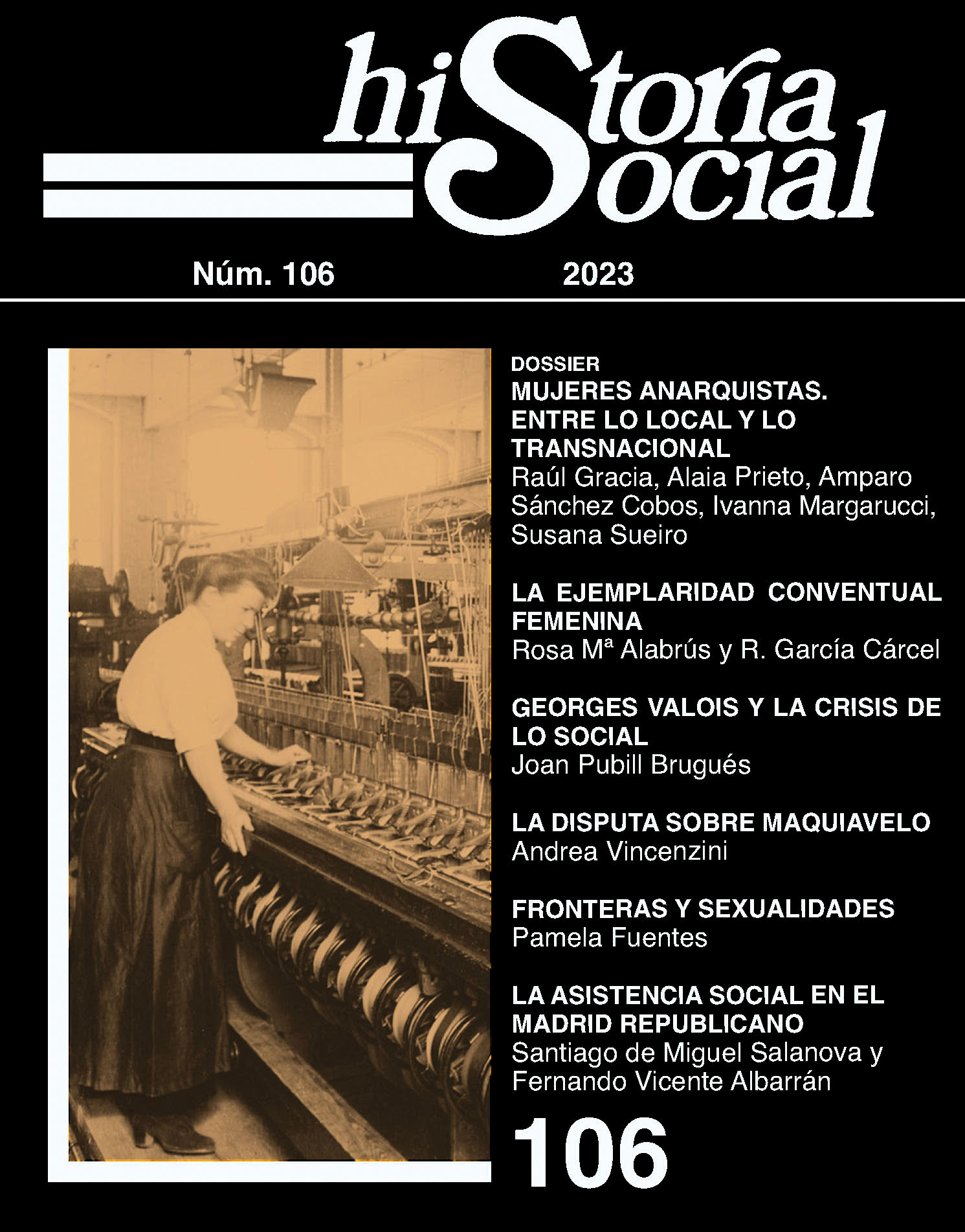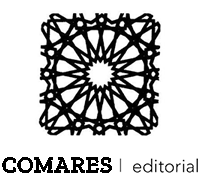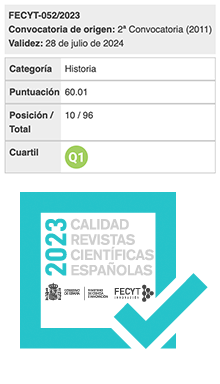Women and anarchism in Cuba. Female emancipation in the Early Twentienth Century.
DOI:
https://doi.org/10.70794/hs.103199Keywords:
Women, Anarchism, Cuba, Transnationality, 20th centuryAbstract
This text is focused on analyzing the voices and traces of women in Cuba through the articles published in the weekly ¡Tierra! from Havana during the first decade of the Cuban republic (1902-1915). We use texts signed by women and also men comparing their discourses related to women’s emancipation. In addition to social and political history, we use transnational history and gender perspective to trace those anarchist women militants and their internationalist dimension, enhancing the role women anarchists also played in the fights for women’s situation. The anarchist newspapers and the autobiographical evidences are our main base that’s why we use the content analysis method as well which helps us to highlight their quantitative and also symbolic dimensions.







